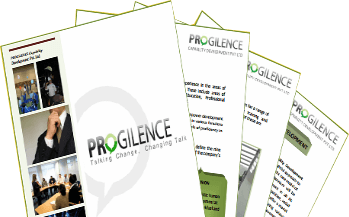Education – A CAS (complex adaptive system) View

As a country and perhaps even the broader society we continue to grapple with issues around education and its role in preparing the citizenry for optimal participation in society, maintaining and progressing its existence, values and institutions.
Some of these value objectives revolve around longevity, good health and dignity of humans as individuals and as members of a larger collective. Human behaviour seemed to gain importance as a key variable in the achievement of the above-stated objectives, as people realised that other people’s actions initially as individuals and later as aggregated agents could affect others’ existence, state of wellbeing, physical and psychological states.
In our endeavour to deconstruct what model behaviour and rules of existence protected the interests of the majority, we began to identify, study and analyse the impact of variables in the environment and of individual –aggregated-environmental interactions. This subsequently got recognised as a complex adaptive system.
While this produced information around many subroutines that comprised actions influencing behaviour to produce outcomes conducive to the final objectives of longevity, happiness, and sustainability of humankind, the perpetual novelty of the changes effected by these actions constantly evolve these subroutines. Thus introducing uncertainty into the model for us to never be sure about what to expect.
In order to ensure that our future generations and others align with our understanding of near-optimal subroutines, we aim to design education systems to support our objectives. Of course, as individuals sit in different seats and experience our world and interaction therein differently, we mostly hold divergent views of the world and on what ideal education and optimal delivery methodologies for it are.
There is logically no basis for us to agree on whose view is right or ideal as the boundary conditions for those views and the variables within keep changing. Generally when the majority agree and find favour within power structures to shape and move education into a certain direction it moves, but never quite in a uniform way predictable across time or for outcomes. Therefore a number of subroutines are always in play in varying degrees of thrust and in different directions because of which a large scale educational system set on standardization is self-defeating.
The very nature of complex adaptive system and the attempt to define ideal education systems, objectives and practices therein have had us uncover an ever-increasing array of dynamic variables and their related dynamic interactions, causing us to get an ever-increasing complex view of it and therefore of education management. We hope to be able to identify subroutines that hold good for a period of time when steady states or optima prevail or can be created, therefore. This is to hopefully give ourselves a better chance to adjust to subsequent changes by understanding the cause-effect of changes in relevant variables and thus manage to keep the changes reasonably aligned towards the achievement of objectives for as long as is possible. All this while being aware that sand is slipping by through the hands all the time as our very efforts to preserve the order are agents that are the cause of prevailing and ensuing chaos.




